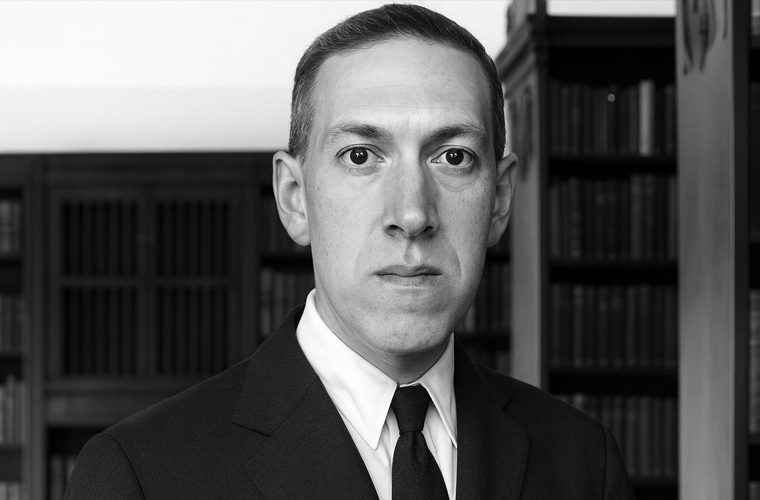Howard Phillips Lovecraft (1890–1937) was an American author of horror, fantasy, and science fiction, widely recognized as one of the 20th century’s most influential masters of the Gothic and cosmic horror tale. Born in Providence, Rhode Island, Lovecraft spent most of his life in New England. His early life was marked by family instability and financial decline; his father was institutionalized when Lovecraft was three and died five years later, and his mother was also institutionalized in 1919. Lovecraft himself suffered from lifelong poor health and nervous breakdowns, which prevented him from completing high school or attending college. Despite these challenges, he was a precocious reader and writer from a young age, developing a deep interest in astronomy and chemistry.
Lovecraft made a meager living as a ghostwriter and rewrite man, and during his lifetime, he was largely unknown, with most of his stories appearing in pulp magazines like Weird Tales. It was after his death that his fame grew, and his unique brand of cosmic horror—where humanity is insignificant in a vast, uncaring universe populated by ancient, monstrous entities like Cthulhu—began to deeply influence subsequent generations of writers, including Stephen King, Neil Gaiman, and Robert Bloch. Notable works include “The Call of Cthulhu,” At the Mountains of Madness, and The Shadow over Innsmouth.
However, Lovecraft’s legacy is also inextricably linked to his deeply ingrained and overtly bigoted views, particularly his racism and xenophobia. These prejudices were not merely a product of his time but were often extreme even by the standards of his contemporaries, some of whom were disturbed by his opinions. His correspondence and even his fiction are replete with expressions of these views.
Lovecraft held strong anti-Black racist views throughout his life, seeing Black people as a “vastly inferior biological variant” and believing in the necessity of an “absolute colour-line.” His 1912 poem, “On the Creation of Niggers,” explicitly refers to Black people as “beasts” and “semi-human figures.” His anti-Semitism was also pronounced, although some scholars suggest his views on Jewish people shifted over time, albeit never to a point where he could be considered non-anti-Semitic by modern standards. He viewed Jewish people as an “intellectually powerful minority” from an “alien & emotionally repulsive culture-stream,” echoing anti-Semitic tropes.
Howard Phillips Lovecraft, a prominent figure in weird fiction, wrote a poem titled “On the Creation of Niggers.” It is important to note that this poem contains highly offensive and racist content, reflecting the prejudiced views that Lovecraft held during his lifetime. These views are widely condemned today.
Here is the poem:
When, long ago, the gods created Earth,
In Jove’s fair image, Man was shaped at birth.
The beasts for lesser parts were next designed;
Yet were they too remote from humankind.
To fill the gap, and join the rest to Man,
Th’Olympian host conceiv’d a clever plan.
A beast they wrought, in semi-human figure,
Filled it with vice, and called the thing a Nigger.
His experiences living in New York City from 1924 to 1926, a period of significant demographic change due to the Great Migration, intensified his xenophobia. He described living in Brooklyn as being “imprisoned in a nightmare,” and his letters frequently expressed disdain for the city’s diverse immigrant populations, whom he sometimes referred to as “monsters” or “contagions.” Stories like “The Horror at Red Hook” are explicitly driven by his fear and disgust of cultural, ethnic, and racial diversity, portraying non-white and immigrant communities as sources of unspeakable evil and decay. He also held negative views on other groups, including the Irish, whom he initially considered an “inferior race,” and expressed sympathy for “extra-legal measures such as lynching and intimidation” against Black people in the South.
While some attempt to contextualize Lovecraft’s racism as a reflection of his era, his views were often more extreme and rigid than many of his peers. His fiction frequently uses “othering” to create horror, stigmatizing anyone outside of his perceived “in-group” (typically white, Protestant males) and presenting them as monstrous. This aspect of his work makes him a controversial figure, prompting ongoing discussions about how to reconcile his literary genius with his abhorrent personal beliefs. Many modern authors and critics acknowledge his profound influence on horror and speculative fiction while actively working to critique, challenge, or even subvert the racist underpinnings of his original narratives.

